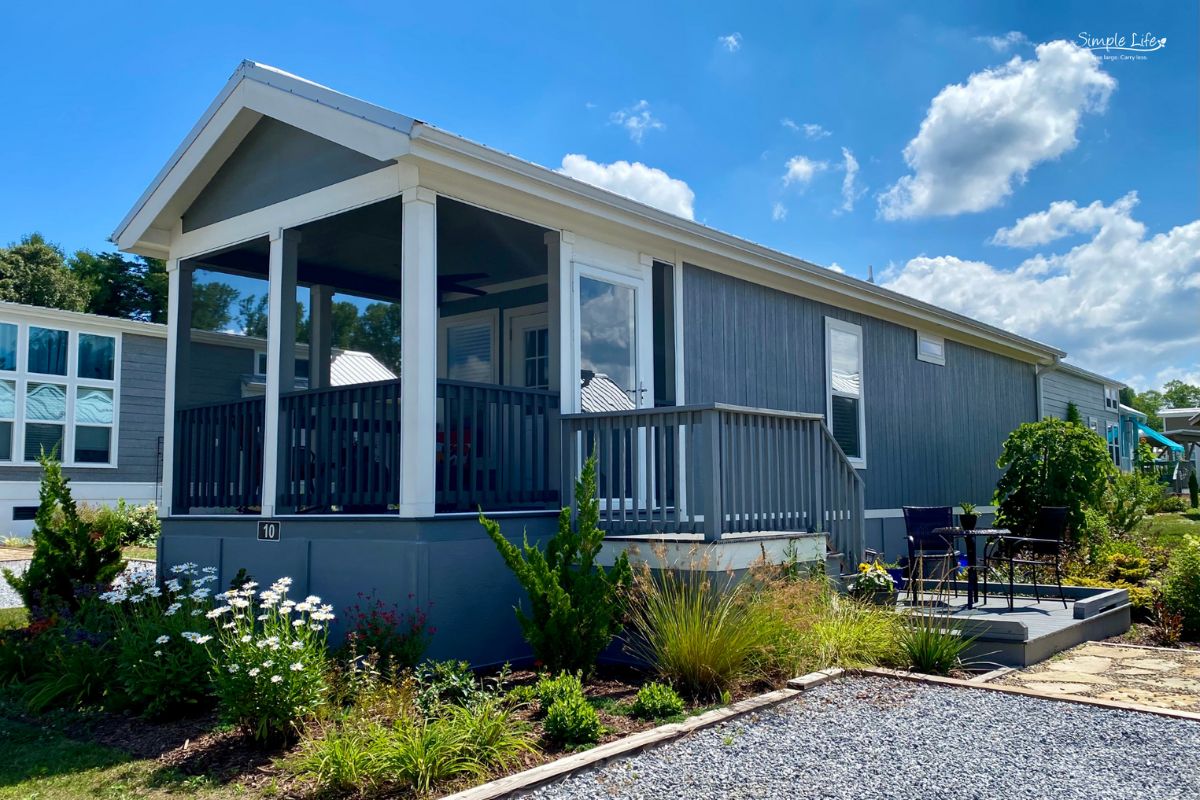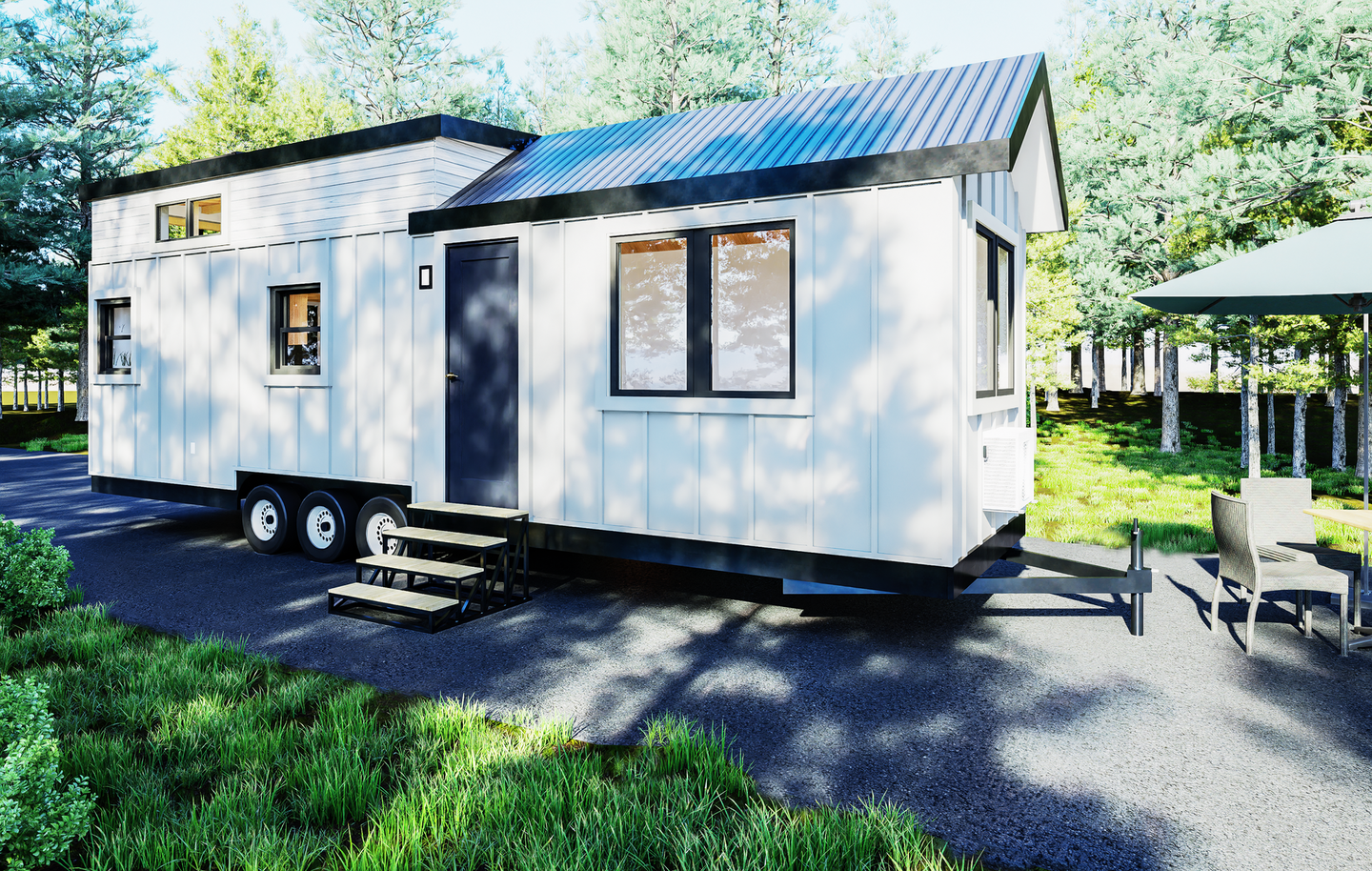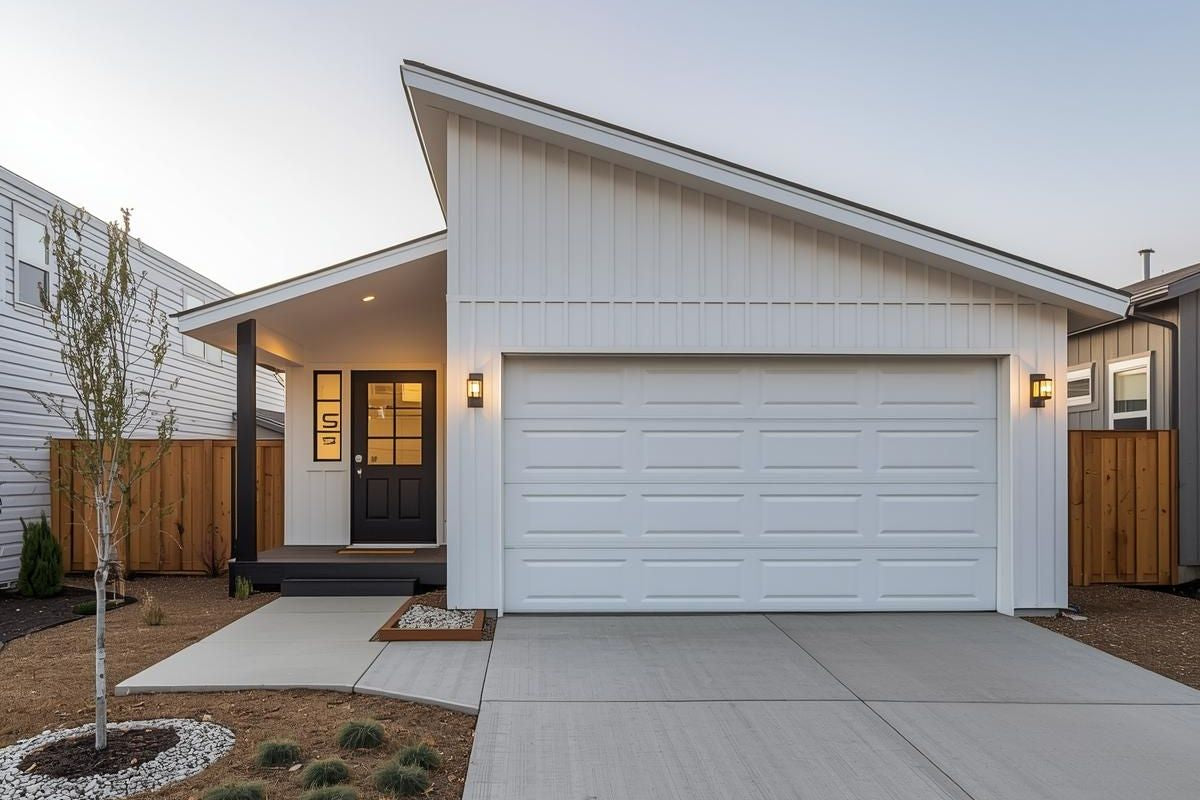The mobile homes industry is no longer the niche market it once was, all thanks to rising housing costs and a demand for affordable, flexible living. It's now one of the fastest-growing segments in residential construction. For mobile home contractors, this gives birth to numerous opportunities but also a lot of competition.
So, if you want to grow your business, you shouldn't just focus on completing jobs efficiently. You also want to build trust, embrace innovation, and position yourself as a reliable partner. Here are the key strategies you can use to expand your reach, reputation, and revenue.
1. Keep Up With Industry Regulations and Training
Mobile home installation and maintenance come with a unique set of codes and standards. As such, staying compliant with HUD regulations, state licensing requirements, and manufacturer specifications protects both your clients and your business. Regular top-quality mobile home setup contractor training or certification courses from top providers like RocketCert will not only sharpen your technical skills but also boost your credibility.
Remember, clients are more interested in hiring a contractor who stays updated with current safety, zoning, and installation practices. What's more, continuing education is required in many states to maintain your contractor's licence.
2. Build a Strong Local Reputation
If you asked us, a strong reputation is your most valuable marketing tool in the mobile home industry. That's in consideration that word of mouth is often more powerful here than any paid ad campaign. Homeowners want to work with contractors who are transparent, dependable, and detail-oriented.
And if you're not sure where to start, consider keeping communication open throughout every project. Also, offer realistic timelines, explain each stage clearly, and deliver on your promises. Don't forget to encourage satisfied clients to leave positive reviews on online platforms like Google or Facebook. These testimonials have the potential to influence far more customers than traditional advertising.
3. Embrace Digital Marketing
In today's housing market, your online presence is your storefront. Potential clients often research contractors online before making a call. That's why you should build a clean, professional website with photos of completed projects, testimonials, and clear service descriptions that build trust instantly. Also consider maintaining active social media pages to showcase ongoing projects, before-and-after transformations, or tips for mobile homeowners.
It doesn't even matter if your content is simple. Just make sure you are consistent. So, aim to create a minimum of one or two posts a week to keep your business visible. You can also go a step further and invest in local search engine optimisation (SEO). That way, if someone in your area searches for "mobile home contractor near me" or something similar, your business will show up near the top.

4. Diversify Your Services
Growth often comes from versatility. If you focus on installations alone, you risk missing other opportunities like repair, renovation, and site preparation services. Besides, many mobile homeowners will always prefer to hire contractors who can handle everything, from utility hookups and skirting to decking and insulation upgrades.
You can even choose to expand into modular home services or offer energy-efficiency retrofits to open up new revenue streams. And as more states introduce incentives for sustainable housing, contractors who can deliver eco-friendly upgrades will definitely stand out. That's why you should ensure your goal is to be the go-to expert for anything related to mobile homes, not just the initial build.
5. Leverage Financing and Partnerships to Scale
Many potential mobile home buyers hesitate because of upfront costs. Luckily, partnering with lenders or financial programmes can make your services more accessible and increase sales at the same time. Some contractors have also solved this problem by collaborating with mobile home communities or real estate developers. Taking this path can make it easier to offer package deals or turnkey services, thus attracting steady projects rather than relying solely on one-off installations.
So, if you're planning to scale, try exploring business financing options, from equipment loans to lines of credit, as these allow you to expand your workforce or take on large projects without straining cash flow. Also, consider building relationships with suppliers and manufacturers for better pricing, priority service, or early access to new product lines.
Be Ready to Take Your Business to the Next Level
Growth for mobile home contractors isn't about doing more of the same. Instead, it's about evolving with the market. And with the tips mentioned in this post, you can position yourself as an expert in this industry, thus setting up your business for long-term success.
Start today by investing in expertly written and full-narrated online courses from RocketCert to expand your knowledge.





Share: